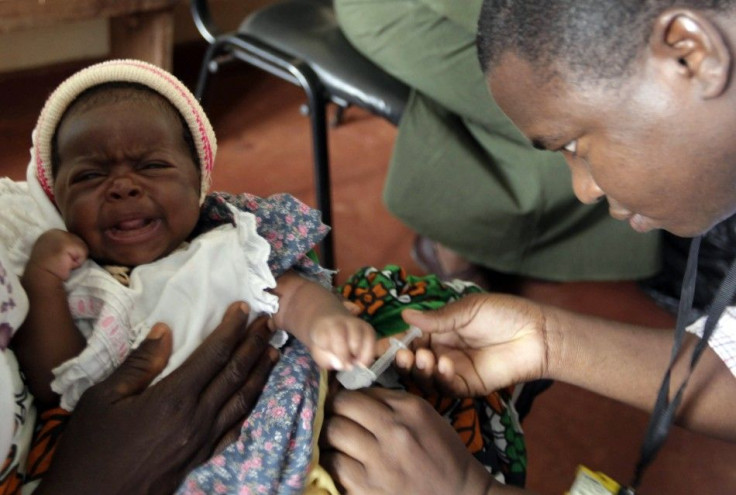Study: Electronic Health Records Improve Care In Kenya

Electronic health records are often discussed as a solution for developed nations, but a study from the Regenstrief Institute and the schools of medicine at Indiana University and Kenya's Moi University explores the impact of electronic records on medical care in a developing country.
In the March issue of the Journal of the American Medical Informatics Association, Dr. Martin Chieng Were, assistant professor of medicine at the IU School of Medicine, reports that computer-generated reminders about overdue tests yielded nearly a 50 percent increase in the appropriate ordering of CD4 blood tests. CD4 counts are critical to monitoring the health of patients with HIV and guiding treatment decisions.
The research evaluating the impact of using electronic medical records on quality of was conducted in clinics in Eldoret, Kenya. The study, one of the first to use computer-generated clinical reminders in sub-Saharan Africa, found that computer-generated reminders improved clinician adherence to CD4 testing guidelines.
The reminders might be able to help solve a real problem in countries where doctors are in short supply. In the U.S. or Europe, an HIV patient might be seen by a doctor, and a specialist in infectious diseases to boot. But in a developing nation many HIV-positive patients are taken care of by people whose training is similar to that of nurse practitioners. On top of that many of the workers in the clinic are overworked and only getting busier.
We need to improve quality of care in the developing world at a time when funding for HIV and other diseases is stagnating or decreasing - which means we will have to do it with fewer personnel as the number of patients increases. Finding innovative ways to improve care within these constraints is critical. This study shows how electronic medical record systems with clinical decision support capabilities can help fill this need, said Dr. Were in a statement.
The system used in the study is called OpenMRS, an open source electronic medical record system widely used in the developing world. The clinics are part of the Academic Model Providing Access to Healthcare (AMPATH) program, which cares for more than 120,000 HIV-infected adults and children at 25 main clinical sites in Western Kenya.
© Copyright IBTimes 2024. All rights reserved.





















